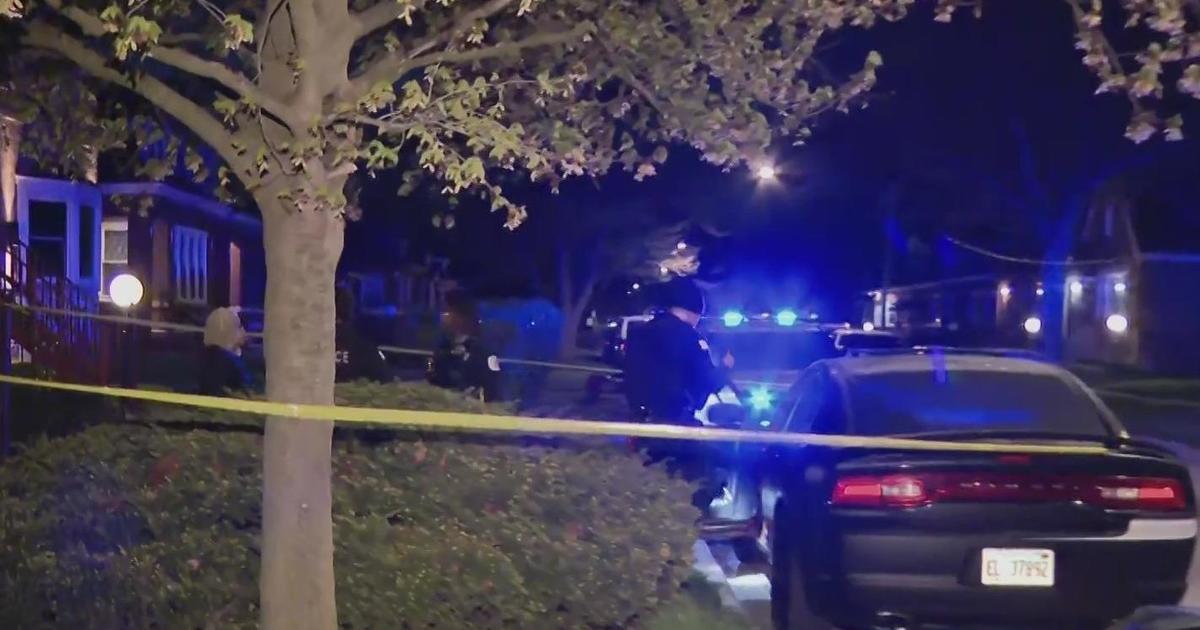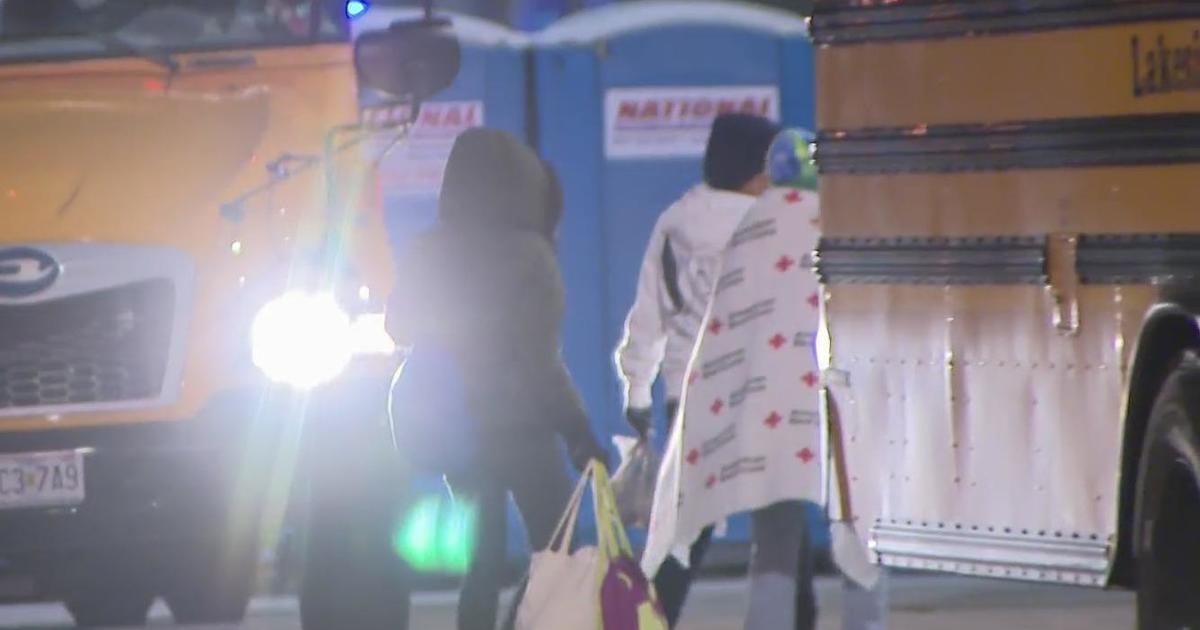Addressing Questions And Concerns About The COVID-19 Vaccine
CHICAGO (CBS) -- Thousands of COVID-19 vaccines arrived in a secret warehouse in the Chicago area on Monday, and they will soon start going into people's arms.
CBS News Medical Contributor Dr. David Agus joined CBS 2's Marie Saavedra on Monday with some useful information about the vaccine. Saavedra began by asking Agus when someone will become immune after receiving the vaccine.
"So the data we have now is that it's one week after the second shot. Remember, with the Pfizer vaccine, the second shot is at Day 21, and so a week later, you become immune," Agus said.
So far, the Pfizer vaccine is the only one that has been approved for emergency use. But others are on deck.
"With the Moderna shot, it is Day 28 (for the second shot) – a week later, you are immune," Agus said. "But you can still transmit the virus – don't get me wrong. You still need to wear a mask after your vaccine until the numbers fall in the country."
Agus said he expects people will have a choice as to which vaccine they receive, but both the Pfizer vaccine and the other two on deck soon to be approved are safe and work well.
"There is no question you will have a choice as more are approved. The hope is Moderna is approved this weekend, and AstraZeneca a week or two thereafter. And so you'll see that when your number is called – when your particular group is going to be vaccinated – you can go to CVS and get the Moderna, or you can go to a hospital and get a particular – the Pfizer vaccine. It is your choice," he said. "I will tell you that they all are fantastic. All three of them block hospitalization. All three of them are remarkably safe."
Agus said he himself will take the first vaccine that will be available to him – because the sooner one gets a vaccine, the sooner someone can prevent serious illness and prevent spreading the virus to others they care for.
Many have expressed concern that the vaccines might have been rushed. Earlier in the pandemic, others – including New York Times science and health reporter Donald G. McNeil Jr. – noted that the previous record for vaccine development was four years for the mumps vaccine in 1967. Some experts warned that the 12- to 18-month forecast timeline for a vaccine earlier in the pandemic was optimistic and might not be realistic.
But Agus said the fact that a vaccine has arrived in such a short time should not be cause for alarm.
"The vaccines weren't really rushed. It's just that technology and science got better. So we can develop things much, much more quickly, because over a period of a decade or two, we got good at this," Agus said.
Some have also bandied about conspiracy theories about the vaccine, such that it contains a microchip, could be used to track people, or might alter people's DNA. Agus noted that those claims are being shared out there on the internet, but are all resolutely false.
"There is no microchip. There is no preservative in this vaccine. It is a pure vaccine. And an RNA vaccine cannot change your DNA. It doesn't change fertility or anything of the kind," Agus said. "They are safe and they work."
Also From CBS Chicago:
- Man Found Shot To Death When Police Conduct Well-Being Check In Washington Park Neighborhood Home
- Woman Finally Gets Job After 10 Months, But Is Now Being Ordered To Pay State $31,000 Back -- And Blames Fraud
- Man Charged With Crashing Into Two Cook County Sheriff's Police Cars On Eisenhower, Attempting To Flee Scene



